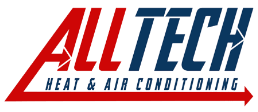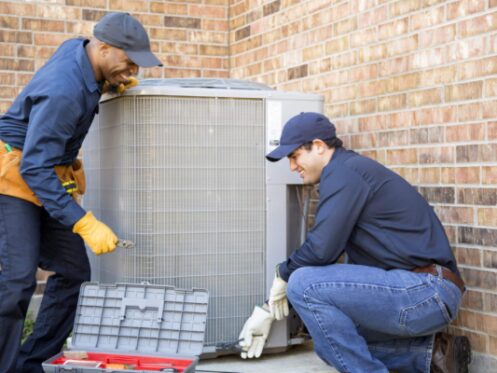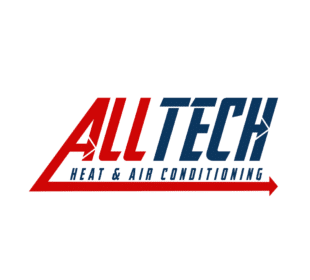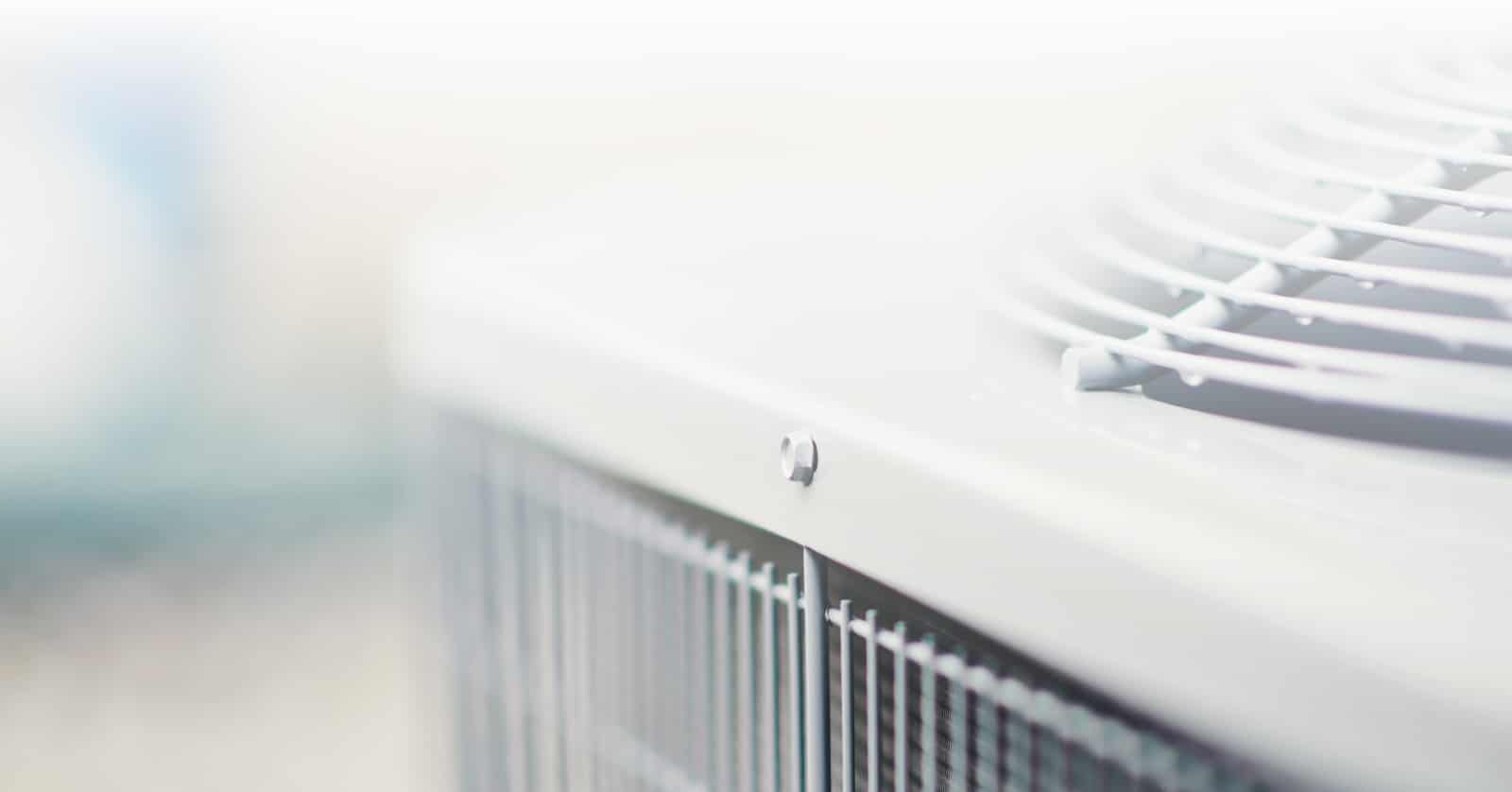As temperatures rise, we rely heavily on our air conditioning systems to keep us cool and comfortable. However, have you ever considered the importance of having regular air conditioner check-ups to ensure optimal performance? Let’s look at what an air conditioner check consists of and why it’s vital.
1. Visual Inspection
The first step in any air conditioner check involves inspecting the unit visually. During this process, your HVAC technician will inspect the outdoor and indoor components to ensure everything appears normal. They will also inspect the unit for any signs of wear and tear, which could signal a need for repair or replacement. For example, a technician will check for corrosion on the outdoor unit’s copper tubing or dust buildup on the indoor unit fan blades. If any visible issues are present, the technician will inform you of the next steps.
Regular visual inspections can improve your air conditioner’s efficiency and prevent unexpected breakdowns. When an HVAC technician checks your unit, they can identify and fix potential problems before they cause significant damage.
Visual inspections can help technicians identify any mold or moisture problems in the unit. Mold growth can cause serious health issues for people with allergies or pre-existing respiratory issues. Technicians can remove and clean the unit by identifying any mold growth or dirt buildup, ensuring you have the best indoor air quality possible.
The importance of visual inspections also extends to your home’s energy efficiency. Air conditioners with built-up dirt or a damaged filter must work harder to keep your house cool. This translates to higher energy usage and more money spent on utility bills. When a technician inspects your air conditioner, they will clean or replace any damaged parts to ensure your unit runs smoothly and efficiently. This maintenance will keep your utility bills low and keep your home comfortable.
2. Electrical System Evaluation
The electrical systems within the HVAC unit will undergo an evaluation process to identify different issues, including loose wires, frayed connections or any other potential hazards that could pose a safety risk. Electrical issues, if left unchecked, could create potential fire hazards or electrical shocks to people, which could be life-threatening. Evaluating the electrical wiring and connections will ensure everything is in good condition and minimize the risk of accidents.
Apart from assessing the wiring and connection, professionals will also check the capacitors, which are critical components of the HVAC system’s electrical system. They are responsible for storing energy and delivering the initial electricity boost needed to start the unit. A damaged or faulty capacitor could lead to reduced efficiency, system breakdown or even complete failure. Therefore, regular evaluation and prompt replacement of damaged capacitors are crucial in efficiently ensuring the HVAC system functions.
The other critical component that will be evaluated is the contactor. The contactor is responsible for switching off and on the power supply to the compressor and the condenser fan motors. A defective contactor could lead to overheating or insulation failure, resulting in system failure and high repair costs. The HVAC technician will inspect the contactor and replace it as needed.
Additionally, the fan motor’s proper functioning is essential in ensuring the HVAC system operates efficiently. The motor’s electrical system, internal winding coils and circuit board will be thoroughly checked to assess their performance. Technicians will also lubricate the fan motor and adjust the belt tension to prevent unnecessary friction and to ensure maximum efficiency.
Finally, the thermostat is another crucial electrical component evaluated to ascertain optimal performance. Technicians will check the calibration, the power source, and the circuitry to ensure it’s working correctly. Calibration checks include testing the accuracy of the temperature readings and ensuring the thermostat’s set point matches the actual temperature in the room.
3. Airflow Analyzation
Airflow analysis is the process of determining how efficiently air is flowing through your home’s air conditioning system. By measuring the volume of air being moved and the amount of resistance the air encounters as it moves through the system, technicians can determine if the airflow is adequate or if any restrictions or blockages need to be addressed. Restricted airflow can lead to many problems, including reduced cooling capacity, increased energy usage and even system failure.
One of the primary causes of restricted airflow is a clogged air filter. Filters are designed to trap dust, dirt and other debris from the air as it moves through the system. If the filter becomes clogged, it can create a blockage that restricts airflow and puts extra strain on the system. That’s why regularly changing the air filter is essential to the health and longevity of your air conditioning unit.
Another factor that can impact the airflow in your home is the ductwork design. The ducts are responsible for distributing the cooled air throughout your home, so it’s critical that they are appropriately designed and free of any obstructions or leaks. If the ducts are too small or have too many bends, it can cause increased resistance, reducing airflow. Leaks in the ductwork can also impact airflow and reduce efficiency by allowing cooled air to escape before it reaches the intended destination.
4. Refrigerant Levels Check
Refrigerant is one of the most important elements in an air conditioning unit. During a check-up, professionals will measure this refrigerant’s levels and ensure that it is sufficient. Refrigerant leaks can significantly affect the performance of air conditioning systems, so it’s critical to get these checked periodically.
5. Cleaning and Maintenance
Finally, your HVAC technician will carry out general cleaning and maintenance tasks that help ensure your system’s longevity and performance. This part of the check-up may include cleaning the condenser, evaporator and unit filters.
What To Do Before the Technician Arrives
You need to do the following to ensure a smooth and efficient air conditioning check.
Clear the Area Around Your AC Unit
The first step in preparing for a professional air conditioner check is to clear the area around your AC unit. Remove any obstacles that may be blocking access to the unit. Cut back any plants or bushes that may be growing too close to the unit. This will help the technician to easily access the unit and perform a thorough check.
Take Note of Any Problems
Before the technician arrives, take note of any problems you have noticed with your AC unit. Have you heard any strange noises? Have you noticed a decrease in cooling power? Have you smelled any strange odors? Taking note of these problems will help the technician to diagnose the issue more efficiently.
Turn Off Your AC Unit
Before the technician arrives, turn off your AC unit. This will give the unit time to cool down before the technician begins their work. It will also allow the technician to work safely on the unit without the risk of injury.
Get in Touch With Professionals Today!
Are you looking for reliable services for your air conditioning, heating and geothermal systems in Oklahoma City, OK? Look no further than All Tech Heat & Air! We have over 20 years of experience in ensuring our customers enjoy the perfect temperature all year round. Our certified technicians are knowledgeable, dedicated to getting the job done right, and always courteous. Give All Tech Heat & Air a call today to learn more about our services.




